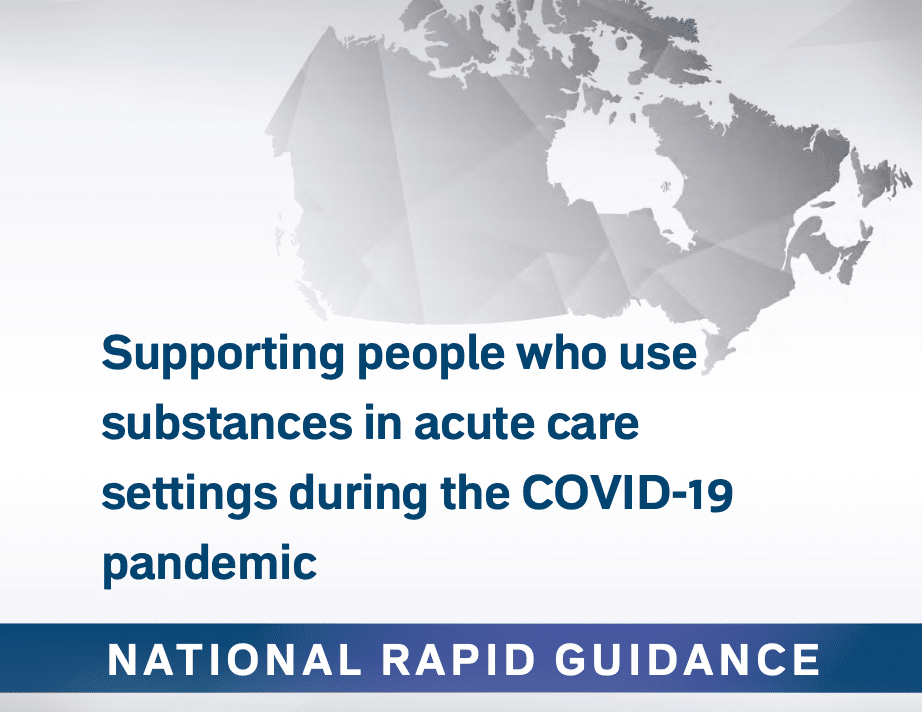Improving ventilation for covid-19 Improving ventilation for covid-19
“The following is an edited summary of a conversation with Dr. Jeffrey Siegel, Professor of Civil Engineering at the University of Toronto. Dr. Siegel is an expert on indoor air quality and ventilation. The conversation took place in late December, 2020. Some information was also added following the conversation by MAP.
Respiratory illnesses like COVID-19 are spread in a few ways, including through the air. When people are together indoors, infections can spread more easily. But there are things you can do to improve indoor air quality and help reduce transmission. While this is particularly urgent during the COVID-19 pandemic, improvements to indoor air quality are important long-term investments at any time. For example, these improvements can help reduce transmission of long-standing respiratory illnesses such as flu and tuberculosis.
Please note, the below focuses on airborne transmission, and does not address or replace other infection control measures such as masks, hand washing and the disinfection of surfaces.”
Click HERE for more COVID-19 resources









